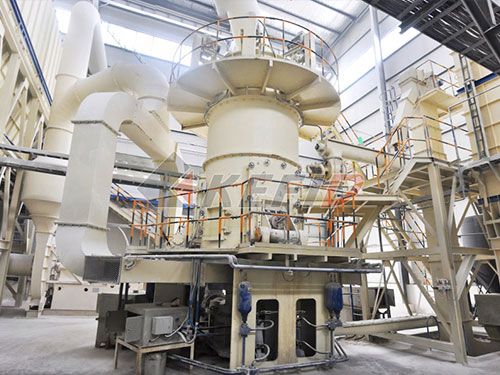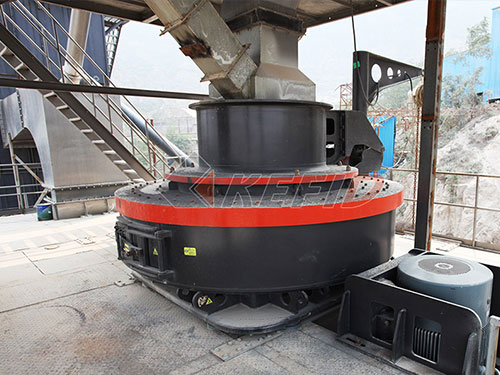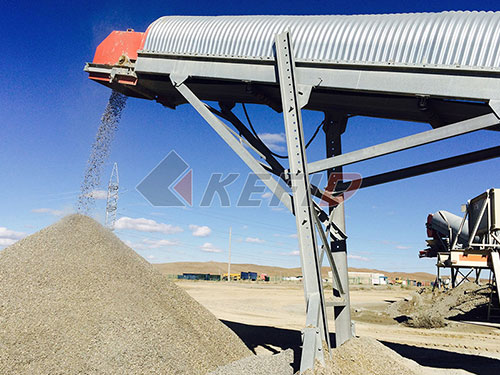Mobile Crushing And Screening Plant Investment for Recycling in Brazil

Unlocking Value: Investing in Mobile Crushing & Screening Plants for Recycling Growth in Brazil
Brazil stands at a pivotal moment in its development trajectory. Rapid urbanization, ambitious infrastructure projects (from roads and ports to energy generation), and the relentless expansion of its cities generate colossal volumes of Construction & Demolition Waste (CDW) and Industrial Waste (IW). Simultaneously, the nation grapples with the environmental imperative to reduce landfill dependence and embrace circular economy principles. This confluence presents a compelling investment opportunity: deploying modern Mobile Crushing and Screening Plants dedicated to recycling these waste streams into valuable secondary raw materials.
The Brazilian Context: A Perfect Storm for Recycling Investment
1. Mountains of Waste: Brazil generates staggering amounts of CDW annually – estimates consistently place it among the top global generators, exceeding 80 million tons per year (some sources suggest significantly higher). A large portion historically ended up in illegal dumps ("lixões") or poorly managed landfills ("aterros controlados"), causing severe environmental degradation (soil/water contamination) and public health hazards.
2. Regulatory Imperative: The landmark National Solid Waste Policy (PNRS - Lei nº 12.305/2010) established a robust framework mandating waste management hierarchies prioritizing reduction, reuse, recycling, and proper disposal. Crucially:

It introduced Extended Producer Responsibility (EPR).
Mandated municipalities to implement integrated waste management plans.
Set ambitious targets for CDW diversion from landfills.
While implementation varies regionally, enforcement is gradually increasing nationwide.
3. Infrastructure Boom: Government initiatives like the "Growth Acceleration Program" (PAC) and private sector investments drive massive infrastructure development requiring vast quantities of aggregates (sand, gravel). Virgin material extraction faces increasing environmental scrutiny and licensing hurdles.
4. Economic Drivers: Recycled aggregates offer significant cost advantages:
Lower Acquisition Cost: Often cheaper than virgin materials sourced from distant quarries when considering logistics.
Avoided Disposal Fees: Diverting waste from landfills eliminates tipping fees that are rising as regulations tighten.
Tax Incentives: Some states/municipalities offer tax breaks or simplified licensing for recycling operations.
5. Sustainability & ESG Momentum: Both domestic corporations and international investors operating in Brazil are under growing pressure to demonstrate Environmental, Social, and Governance (ESG) commitment. Utilizing recycled materials significantly reduces carbon footprints associated with quarrying virgin aggregates.
Why Mobile Cr


